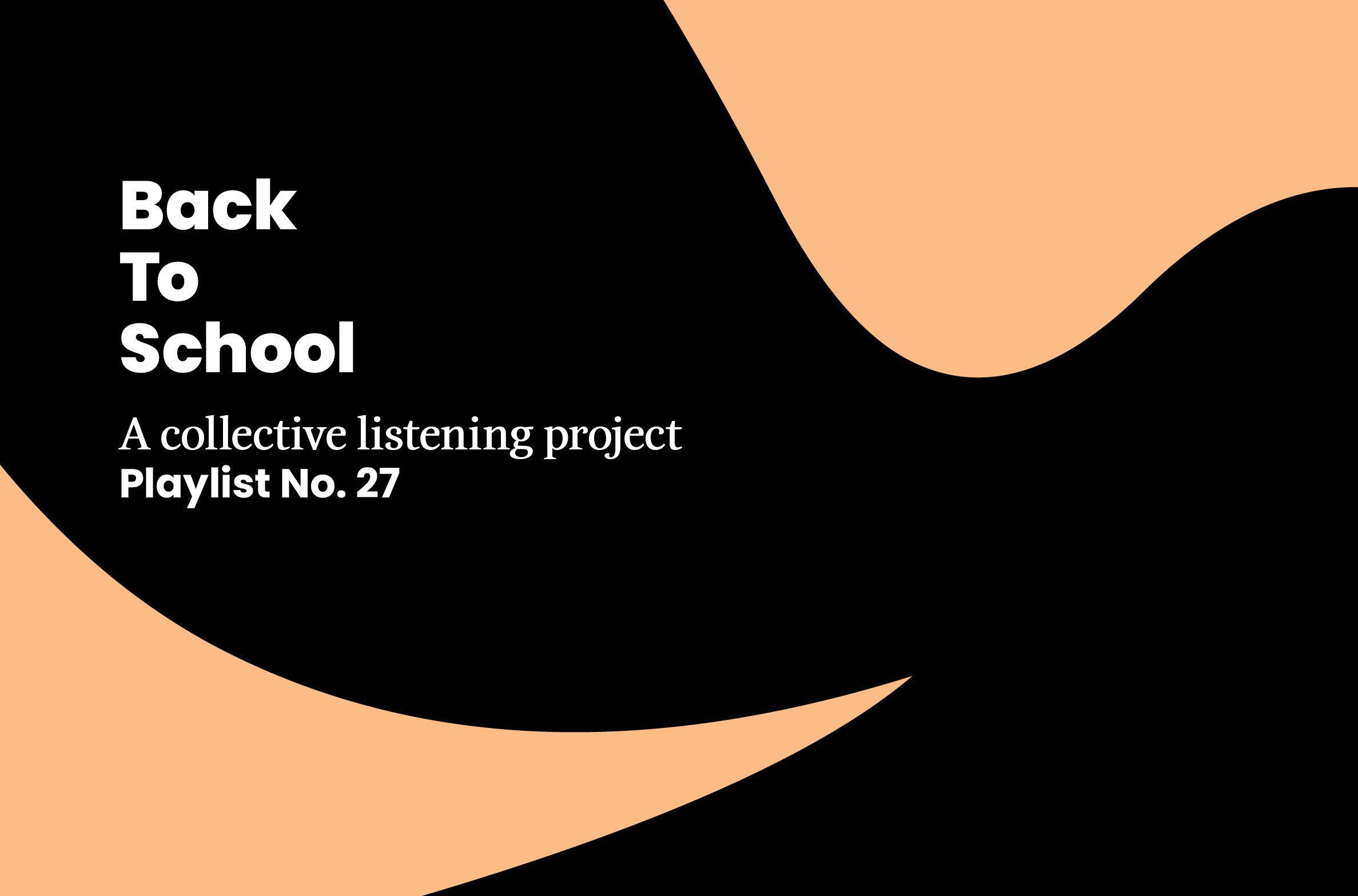Welcome to our 2024-2025 season!
Collective Listening Project
Back to School
Playlist No. 27
About the Playlist
September 10, 2020

As promised, this week’s Collective Listening Project playlist again celebrates the return to school. Our curators are two student interns for Princeton University Concerts. Last week, we featured a jazz-focused list by Alexander de Gogorza Moravcsik, and this week’s list delves into the piano repertoire and is curated by Brendan Zelikman. Now beginning his sophomore year, Brendan devotes his studies to both computer science and music.
With my study abroad canceled and no internship in sight (nor a will to find one) this summer, I did what felt right to me and headed for the piano. If I couldn’t do anything incredibly meaningful academically, I decided I would focus on myself artistically and almost somewhat spiritually. These pieces are some of my absolute favorites that I learned over the summer, and I can already tell that they will sit with me for the rest of my life. These four composers (Liszt and Scriabin specifically) saved me from an unbelievable amount of despair, and it’s thanks to them that I now consider myself a musician first above all else.
Frédéric Chopin: Ballade No. 1 in G Minor, Op. 23
I can’t believe I’ve spent most of my life playing piano and most of my life never having heard this piece before. It features Chopin at his most poetic (as one could say about many, many pieces by him), as well as his most maniacal, with an incredibly powerful coda that excites me every time I listen to it. Zimerman’s recording is one I now hold close personally and hope to do justice to as I play this ballade myself.
Franz Liszt: Three Concert Etudes, S. 144, No. 3, “Un Sospiro”
This was the piece that made Liszt “click” for me; this is a must-listen for anyone who has their doubts with him as a composer. I realized he wasn’t just this insane, heartless virtuoso but that he also had very beautiful melodies up his sleeve, and he knew exactly how to create the soundscapes he envisioned in his head. The “three-hand” effect is in full force here, as much of this piece is actually written in three staves. Lang Lang offers a recording that lets you lean back, close your eyes, and lets the music speak for itself.
Franz Liszt: Consolation No. 3 in D-flat Major, S. 172
Liszt goes 2-for-2 in D-flat major for me. In contrast with his classic bravura, he shows that less is more, opting for a simple melody plus arpeggiating left-hand accompaniment to show his serene-but-expressive side. This isn’t Liszt doing anything musically revolutionary, but there’s no need for that here. It’s just easy listening. And though not primarily known for his recordings of Liszt, Barenboim plays this piece very lyrically and with grace.
Sergei Rachmaninoff: Etude-Tableaux, Op. 39, No. 2 in A Minor, “The Sea and the Seagulls”
Definitely not the first piece that comes to mind when one thinks of Rachmaninoff, but nevertheless one of my favorites by him. He casts his distinct Russianness to the side in favor of a more impressionist approach, spinning the famous Dies Irae melody into the soothing sound of waves on a shore. The depths of the sea come out in the middle of the piece, providing an incredibly dark contrast to the slightly melancholy yet calming beginning. Lugansky has an incredible grasp of Rachmaninoff’s preludes and etudes, and this piece is no exception.
Alexander Scriabin: Etude in D-sharp Minor, Op. 8, No. 12
Easily the best (and only) piece in D-sharp minor that I know of. In all seriousness, I’ve never felt closer to a composer than by playing this piece. Scriabin manages to continually build tension until the very last moment where it all gets released through a thunderous and cathartic climax. Horowitz has too many recordings of this piece for me to keep track of, but here’s one that particularly resonates with me.
Alexander Scriabin: Etude in C-sharp Minor, Op. 2, No. 1
A haunting piece written by Scriabin when he was 15–16 years old. How he was able to write such a beautiful melody and convey such complex emotions at that young of an age continually amazes me and reaffirms my faith in him as nothing less than a genius. Though not the insane kind of technical work that’s come to be associated with etudes, this piece really requires the performer to wear their heart on their sleeve. This etude and the one in D-sharp minor are forever connected in my eyes, along with Horowitz’s amazing interpretations of both.



